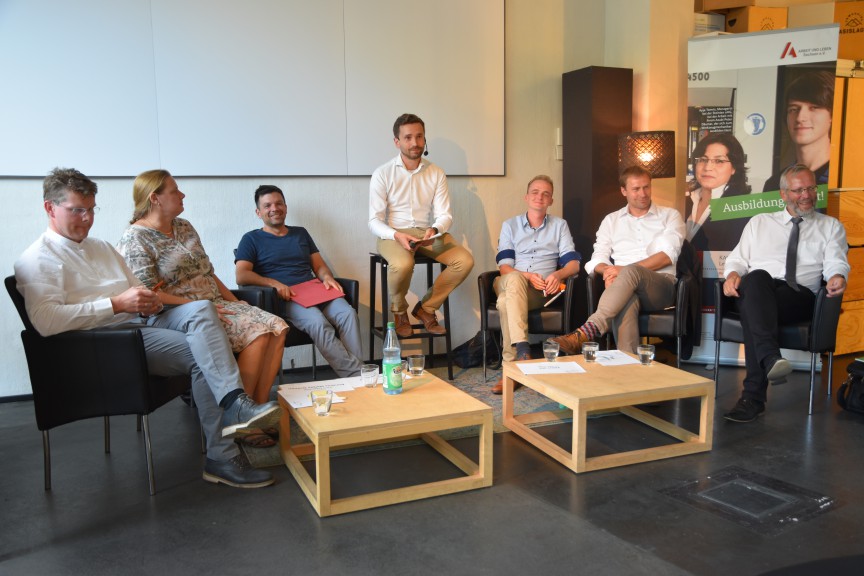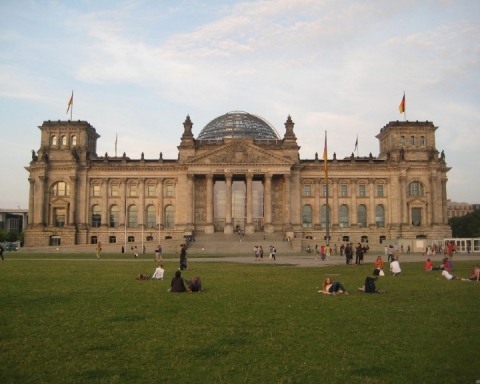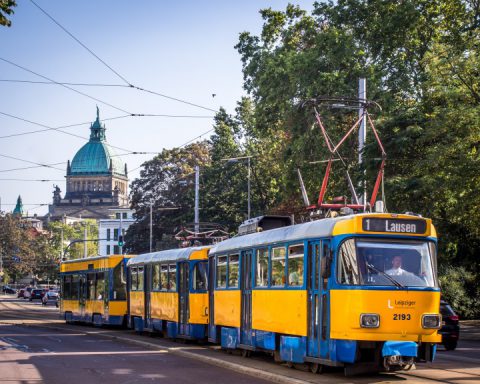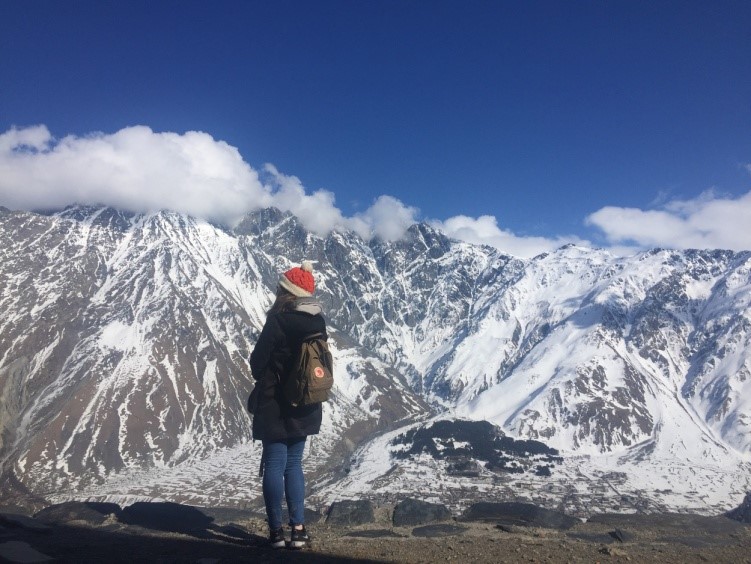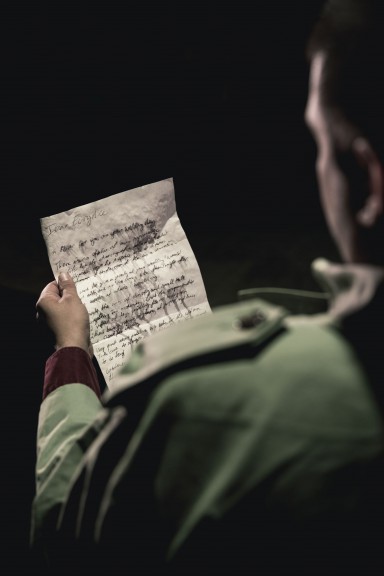Six candidates to the Saxony State Legislature, from six different parties, came to Basislager Coworking space on 12 August and shared their views on three topics:
- making Leipzig and Saxony a more attractive place to start a company;
- the integration of migrants into the labor market;
- and the internationalization of Saxony.
The candidates who kindly answered our request to attend the panel discussion were Karsten Albrecht (CDU), Holger Mann (SPD), Petra Cagalj-Sejdi (Greens), Friedrich Vosberg (FDP), Marco Böhme (Die Linke), and André Soudah (Freie Wähler).
The event was co-organized by ARBEIT UND LEBEN Sachsen, which provided the moderator of the event, Harald Köpping Athanasopoulos. He did a great job at creating a friendly atmosphere where the candidates were able to express their opinions and challenge each other in an orderly manner.

“We need to reduce the bureaucratic barriers of founding a company.”
That was the statement by Albrecht from the governing CDU. There was broad agreement on the topic that the barriers to entry and financial assistance to startups and small companies need to increase. “There is a lot of potential for startups and small companies in Saxony,” said Vosberg (FDP).
A big problem in Saxony is the wedge between the big cities and the rural areas. Many of the candidates expressed the importance of financial incentives and improved infrastructure, such as the availability of high-speed Internet in rural areas to make these spaces attractive for people and investors.
There were sharp discrepancies between the representatives of the CDU and the Linke on the issue of infrastructure development, namely on the funding of public transportation. Böhme (Linke) proposed that those without access to a car, like school children, ought to be given highly-subsidized public transport tickets. Albrecht (CDU) disagreed, by arguing that public funds are limited and that not all proposals, such as this one, can receive public funding.
“Migrants are courageous entrepreneurs because it is often difficult for them to find employment.”
The above sentence was how Cagalj-Sejdi (Greens) opened up the second topic of the night: integration of migrants into the labor market. She cautioned against the glorification of the entrepreneurial spirit brought by migrants, which was praised by Soudah (Freie Wähler) and Vosberg (FDP), as it was often the result of migrants being unable to get hired by a local company.
The moderator, Köpping Athanasopoulos, pointed out to the candidates that non-Germans account for only about 0.3 percent of all public employees in Leipzig. Cagalj-Sejdi (Greens) criticized the distance of public administration from migrants. She commented that many migrants are willing to get jobs in public administration, such as in the police force, but that they are not able to as only German citizens can apply to the police academy.

There was broad agreement that migration enriches Saxony’s economy. Mann (SPD) said that “diversity is the basic foundation for economic prosperity.” However, Albrecht took plenty of fire during the Q&A session after he commented that for the integration of migrants, “we need increased security, which is why we need a larger police force.” He defended his comments by arguing that the police is there to safeguard the safety of all residents, and thus to create an ambiance where everyone feels safe.
“I am happy that the AfD is not here. It is a non-democratic, fascist political party.”
Those were Vosberg’s (FDP) words in response to the question of whether his party would enter into a governing coalition with the far-right AfD – which polls peg as one of the leading political forces at the Saxony state elections on 1 September. All other representatives unequivocally responded that they are against forming a governing coalition with the AfD. Only Soudah (Freie Wähler) left the possibility open, or at least did not clearly state his disapproval of an alliance with the AfD. He said that “as a democrat, I am in favor of talking to all sides. Whether I would be willing to enter into a coalition with the AfD is another matter.”
Vosberg (FDP) also argued that all residents of the state ought to be able to vote for their representatives to further internationalize Saxony. They should be able to vote for those who make the laws affecting their rights and duties. Hence, non-Germans living in Saxony after a specific time ought to be allowed to vote, as they are subjects of German law just like German citizens.

“Most physical attacks against journalists occurred in Saxony and were perpetrated by far-right people attending a political demonstration. How does the new police law in Saxony protect reporters in the field?”
The above question was asked in the Q&A session by Renata Rat, press officer at the European Centre for Press and Media Freedom. It was directed at Albrecht, and pertained to how the police could do a better job protecting journalists covering far-right demonstrations in Saxony.
The CDU candidate answered that the new police law helped to increase the ability of the police force to provide security to everyone. He also accepted that mistakes by police agents have been made. A lively discussion followed, where the candidates debated whether individual police officers were to blame, or the police force as a whole, or the new police law.
Böhme (Linke) and Cagalj-Sejdi (Greens) both expressed their disagreement with the police law. They mentioned that both their parties had sued the state over the police law. The lawsuit contends that the extended police powers and civilian monitoring permissions in the new law trample over constitutional rights. Back to the question regarding the lack of protection provided to journalists, Böhme went further by stating that “it is not just about mistakes that we are talking about, it is about crimes committed by police officers.”

The Saxony state elections will take place this Sunday, 1 September, and all German citizens who have lived at least three months in Saxony are eligible to vote.

